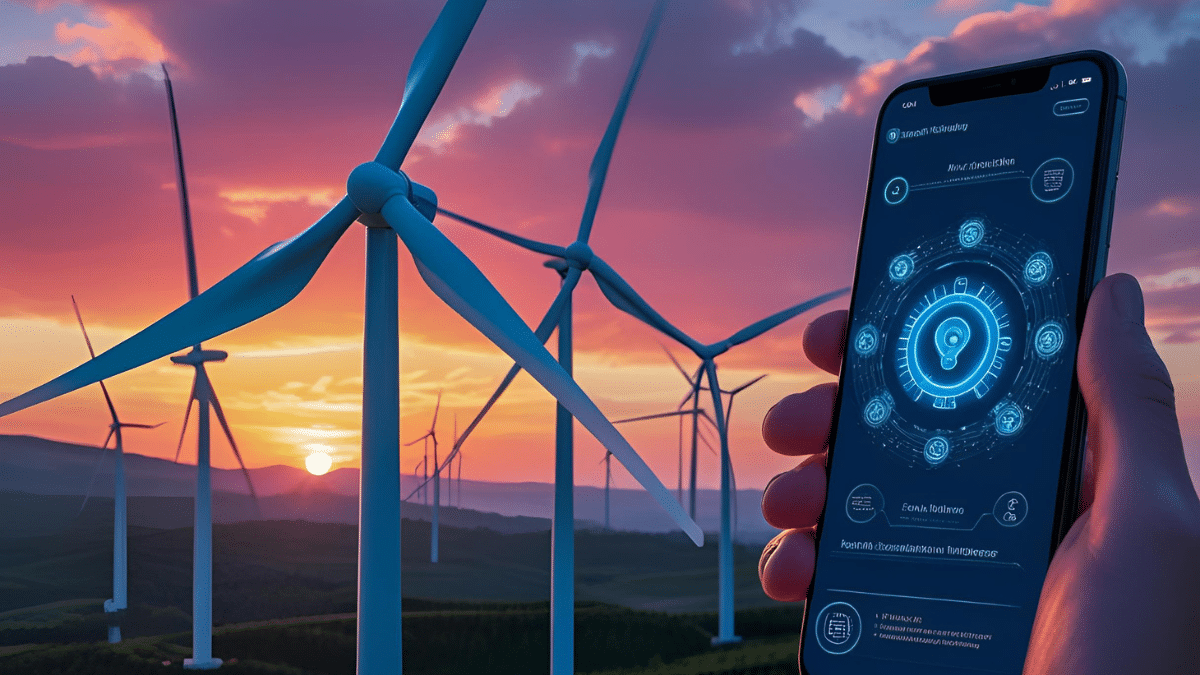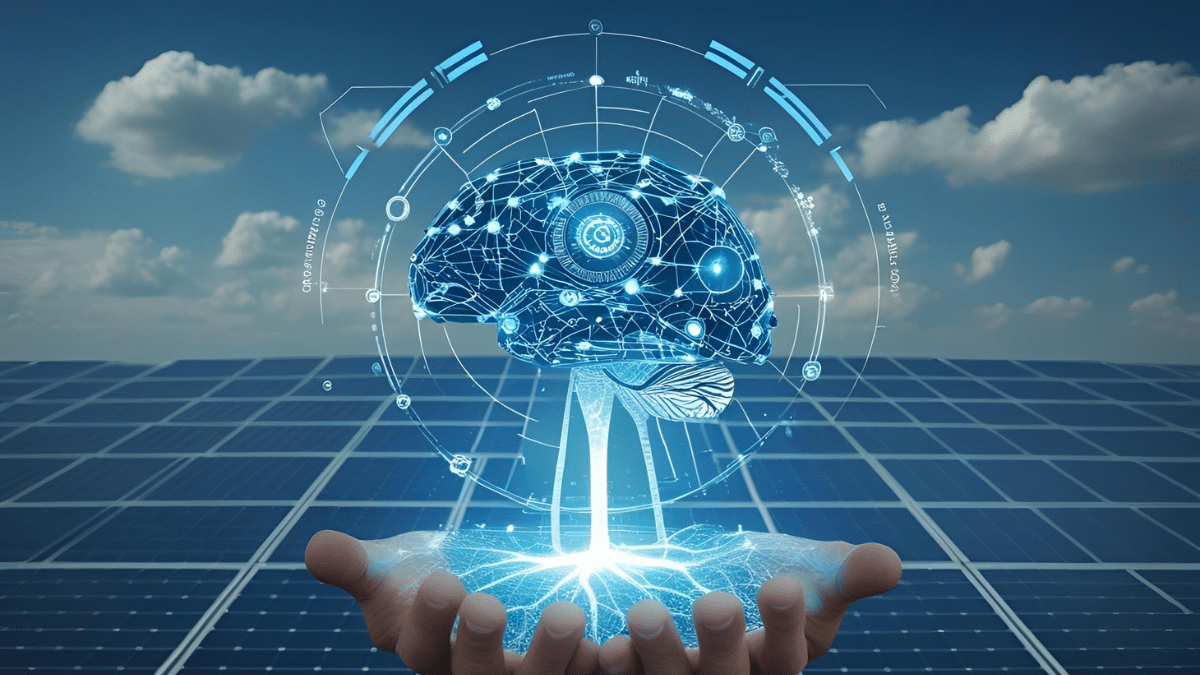AI is no longer a technological novelty. It’s a strategic tool for energy transformation – also in Poland.
Energy transformation is accelerating. The growing share of renewable energy sources (RES), increasing number of prosumers, and the need to manage grid flexibility are real challenges. Artificial intelligence (AI) can play a key role in this process – processing data, predicting loads, optimizing flows, and supporting automatic real-time decisions. Below, I present specific examples of AI applications in Poland’s energy sector, development opportunities, and key conditions for successful implementations.
Why are AI and energy an inseparable duo today?
The power system is becoming increasingly complex. Tens of thousands of distributed sources, millions of measurement points, variability in RES production, weather data – this is a reality that requires an automated approach.
AI acts like the digital nervous system of the energy system. Unlike classical algorithms based on rules or statistical forecasts, it uses machine learning models, can process streaming data in real-time, and learns continuously, adapting to changing conditions. It analyzes data, detects anomalies, predicts demand, optimizes grid operation, and reacts faster than humans.
AI in Poland – concrete actions and plans
PGE – Energy Storage in Żarnowiec
PGE is building an energy storage facility with 262 MW power and 981 MWh capacity. AI doesn’t directly manage the storage but supports charging/discharging decisions based on forecasts, grid integration, and market signal responses. The goal is to balance energy from wind farms and increase system flexibility.

Enea Operator – grid load forecasting
Enea is testing AI models for load prediction. Algorithms analyze operational data and help better manage infrastructure.
More information: https://www.operator.enea.pl/ospolce/aktualnosci/szczegoly/02-enea-operator-wykorzysta-ai-do-testowania-prognoz-obciazenia-sieci-energetycznej
Google – investments in AI development in Poland
Google invested 2.7 billion PLN in a technology center in Warsaw. Among the priorities are AI solutions that can support energy, e.g., in prediction and consumption optimization.
More information: https://www.gov.pl/web/premier/miliardowe-inwestycje-google-w-polsce?utm_source=chatgpt.com
Where else can AI operate in Poland?
Besides the indicated examples, enormous potential for AI development in Poland is visible in:
- local microgrids — as testing environments for predictive algorithms,
- energy trading automation — especially in balancing markets,
- demand side response (DSR) management,
- infrastructure maintenance — e.g., thermal imaging analysis,
- DSO/TSO control optimization — e.g., reinforcement learning in operational decisions.
Measurable benefits – the numbers speak for themselves
According to International Energy Agency (IEA) data, AI can bring the sector:
- up to 8% improvement in energy efficiency by 2035,
- $110 billion in annual savings globally,
- +175 GW of transmission grid capacity,
- 95% accuracy in demand forecasting,
- 40–60% faster response to grid events.
Report: https://www.iea.org/reports/energy-and-ai
Poland has potential – time to activate it
Poland isn’t starting from scratch. We already have:
- technological competencies,
- access to international partners,
- investments in digital infrastructure.
This is a good time to use AI in practice – not only in pilot projects, but as a standard in the energy sector.

Success conditions – from data to people
For AI to become an integral part of energy, three pillars are necessary:
- Open, standardized data – interoperability and data quality are crucial for algorithm development
- Specialized personnel – not only IT engineers, but also:
- AI experts for energy,
- data scientists understanding energy system physics,
- project managers with competencies in AI and energy sector regulation
- Financing and innovation support – access to public and private funds, R&D initiatives, public-private partnership programs.
Summary – AI is happening here and now
Artificial intelligence is changing the fundamentals of energy management. It allows faster reactions, better forecasting, and more efficient use of available resources.
Poland has a chance not only to catch up, but to outpace many European countries. The condition? We need to act now – because AI won’t stop.

Klaudia Juga
An expert combining experience in renewable energy with growing specialization in artificial intelligence. For years, she has been co-creating development directions for the sector as General Director of PIGEOR and leader of the World Energy Council – Poland Bureau. She holds certifications in "AI for Managers" and "No-Code AI Agents," and systematically deepens her knowledge, focusing on practical AI applications in energy transformation. She believes that technology - implemented with imagination and responsibility - can be a real catalyst for green change. She supports projects, dialogue, and strategies that combine innovation with sector needs.
